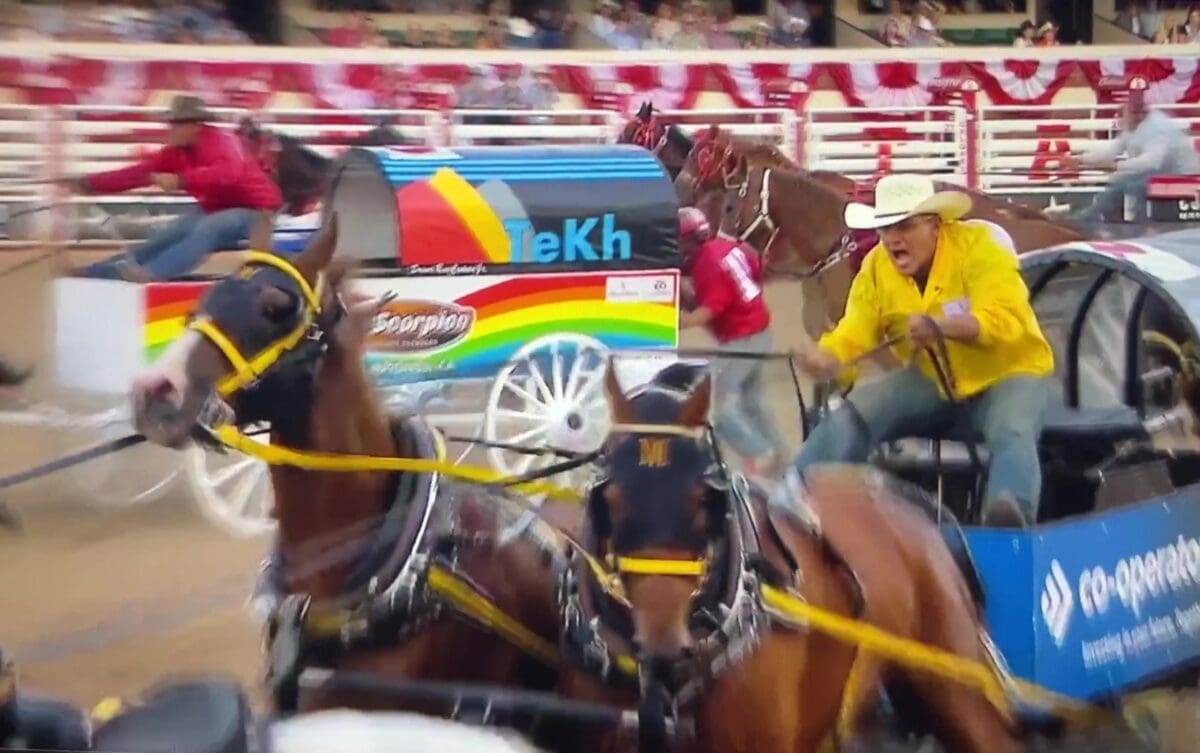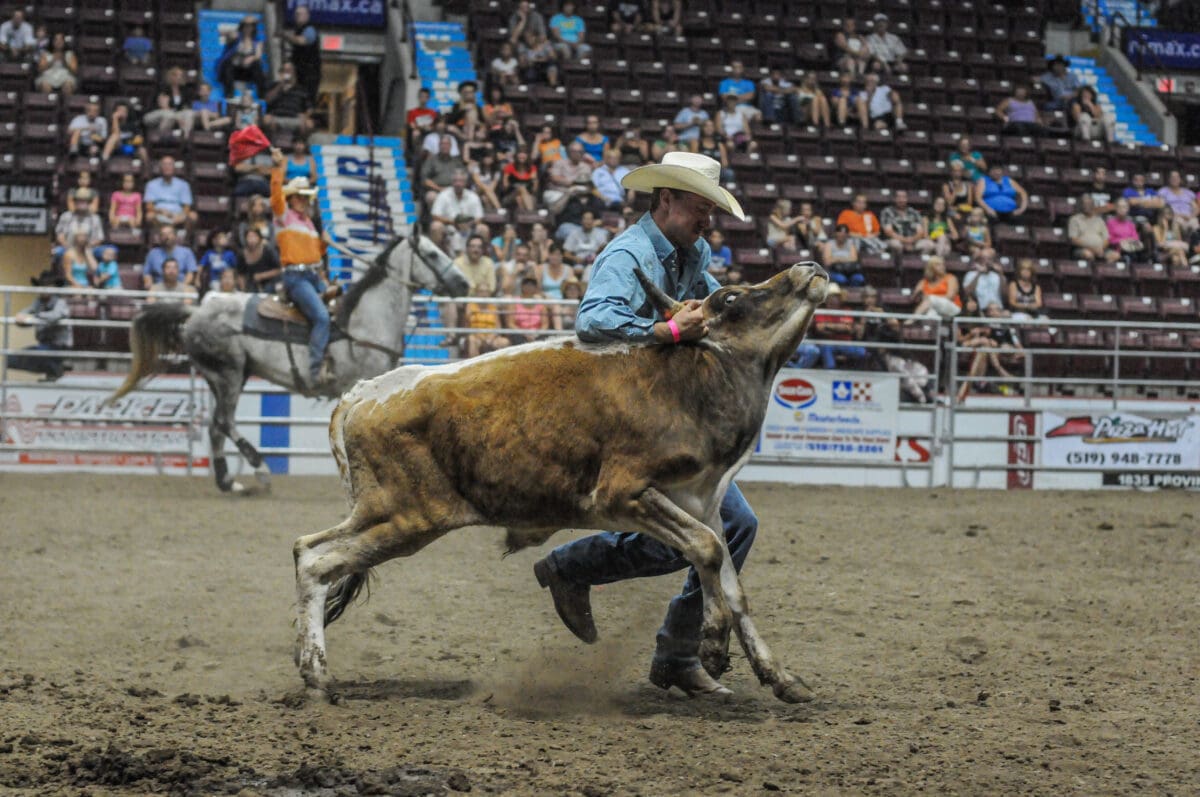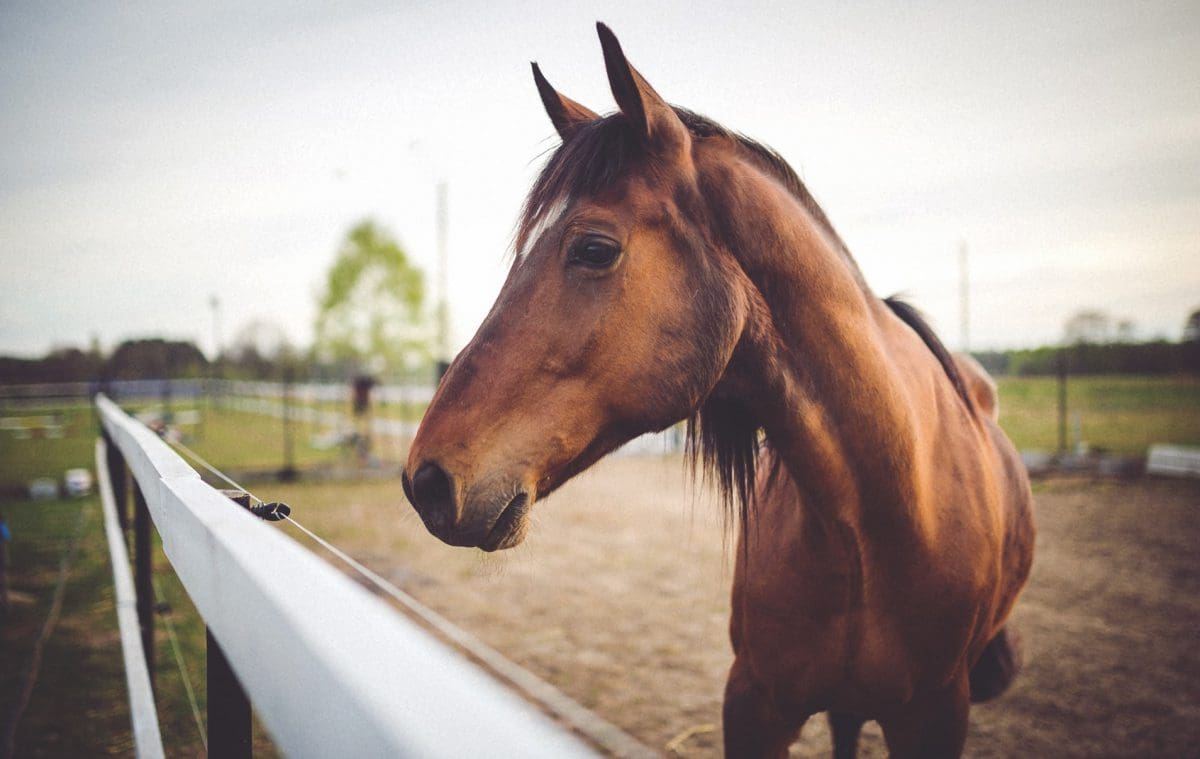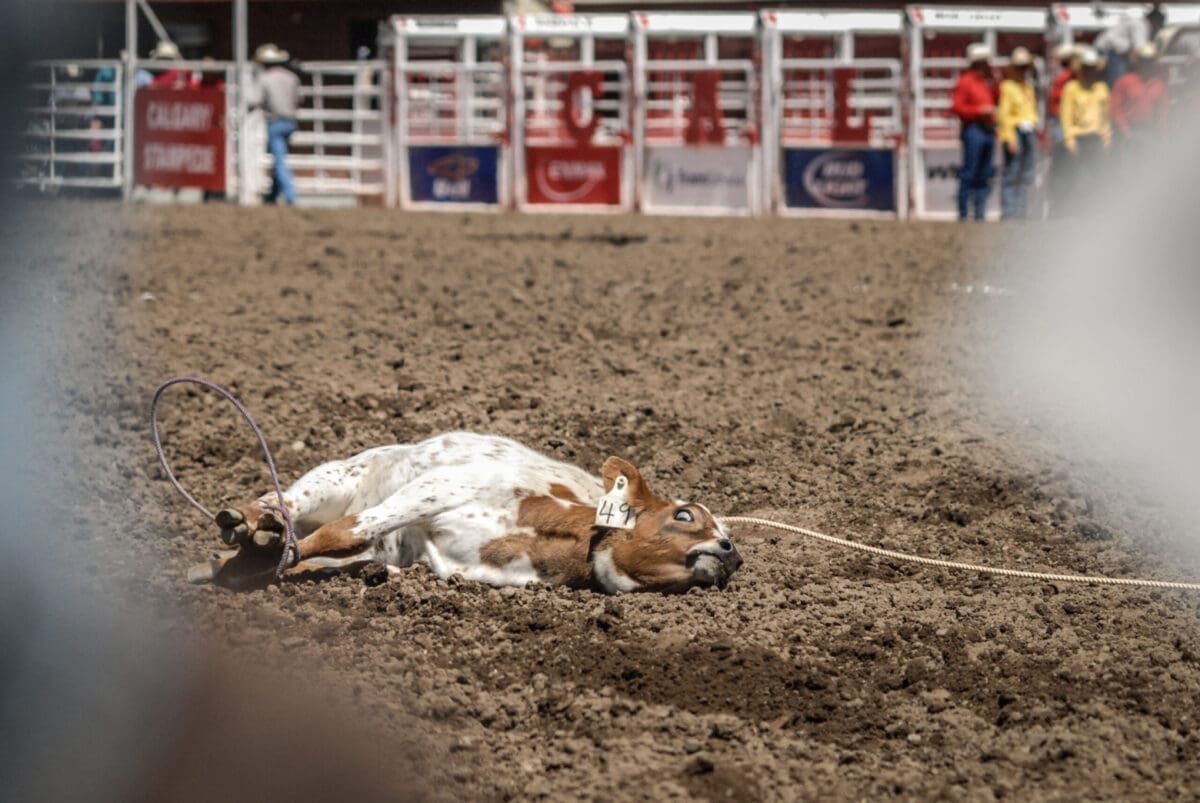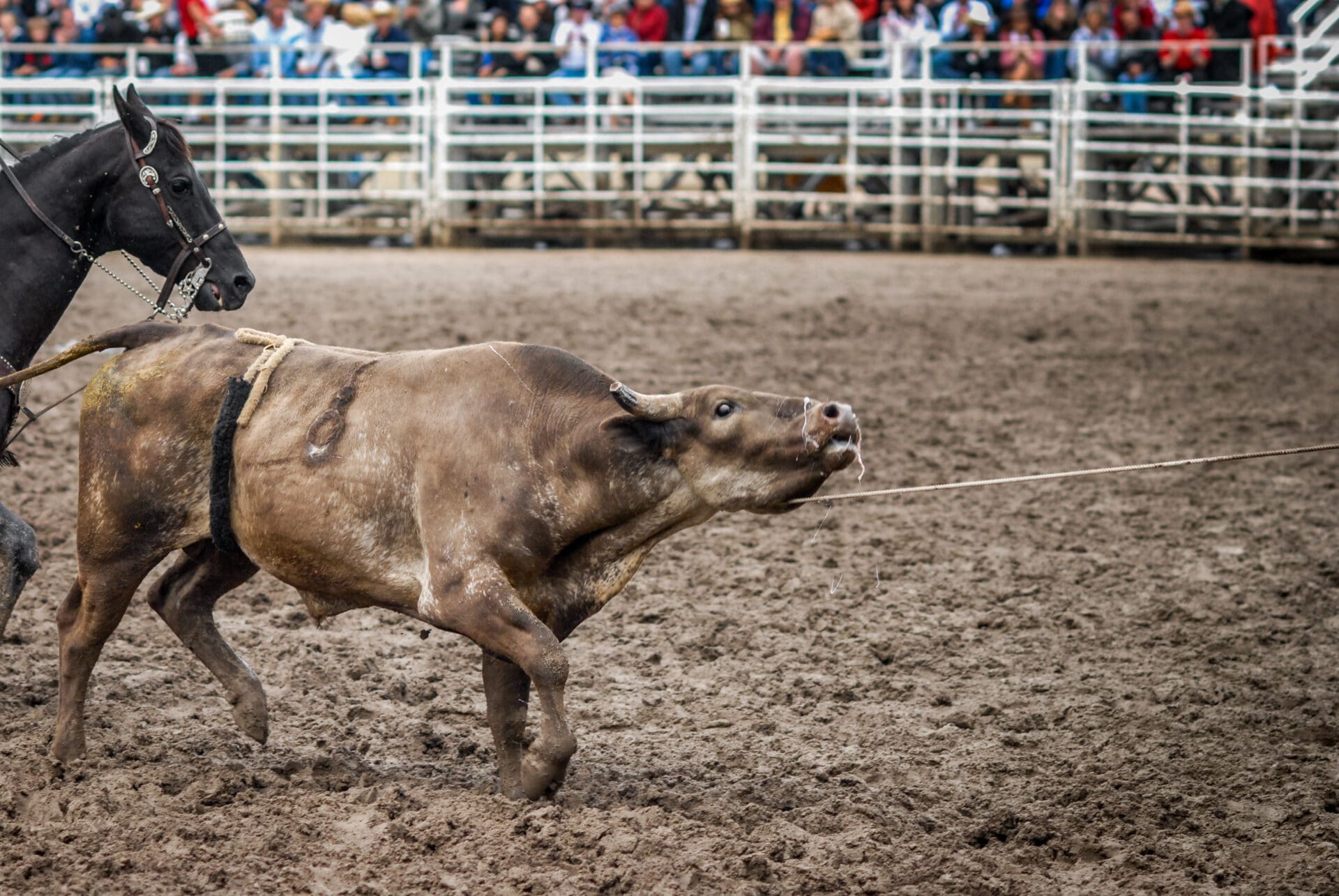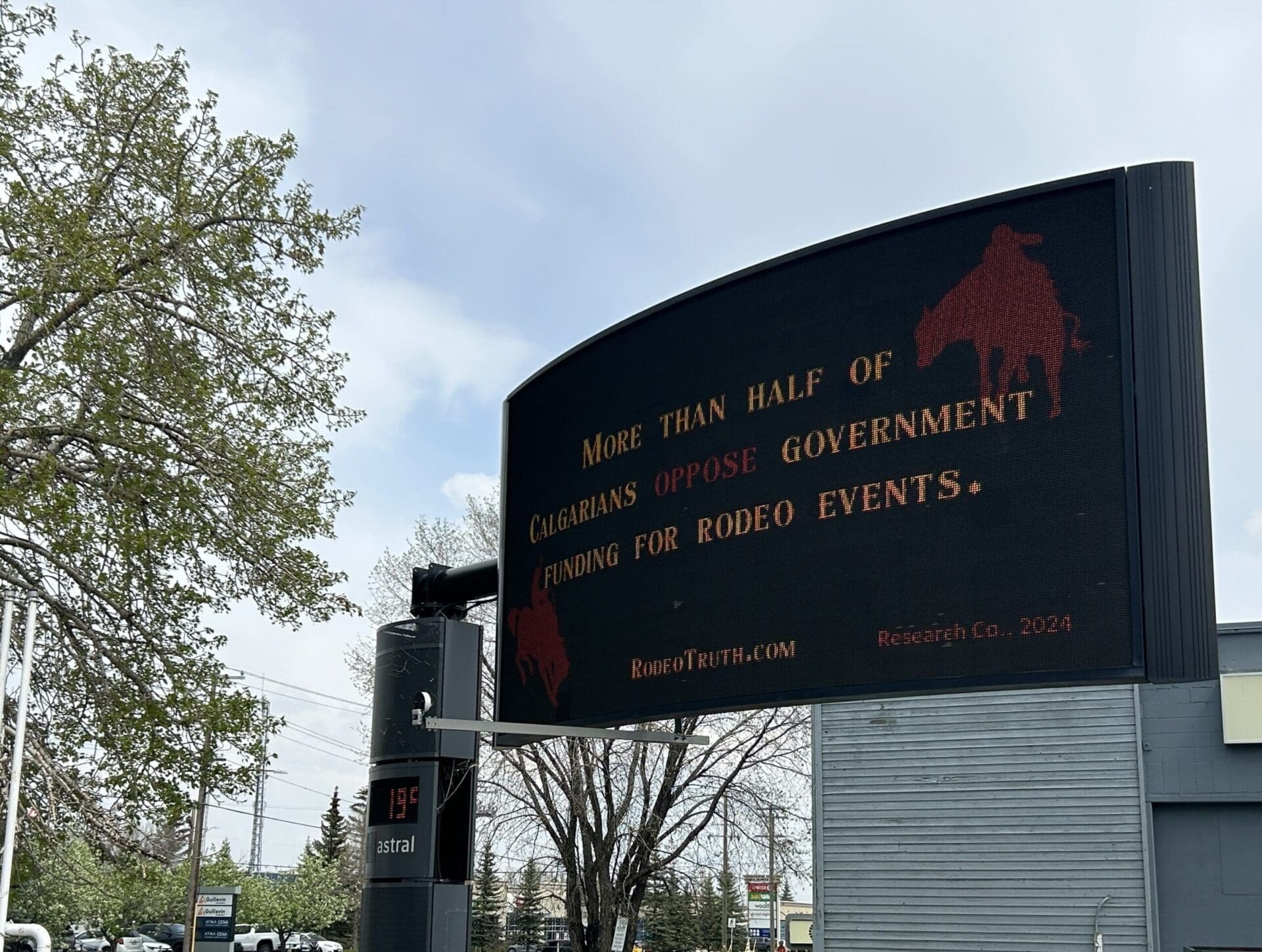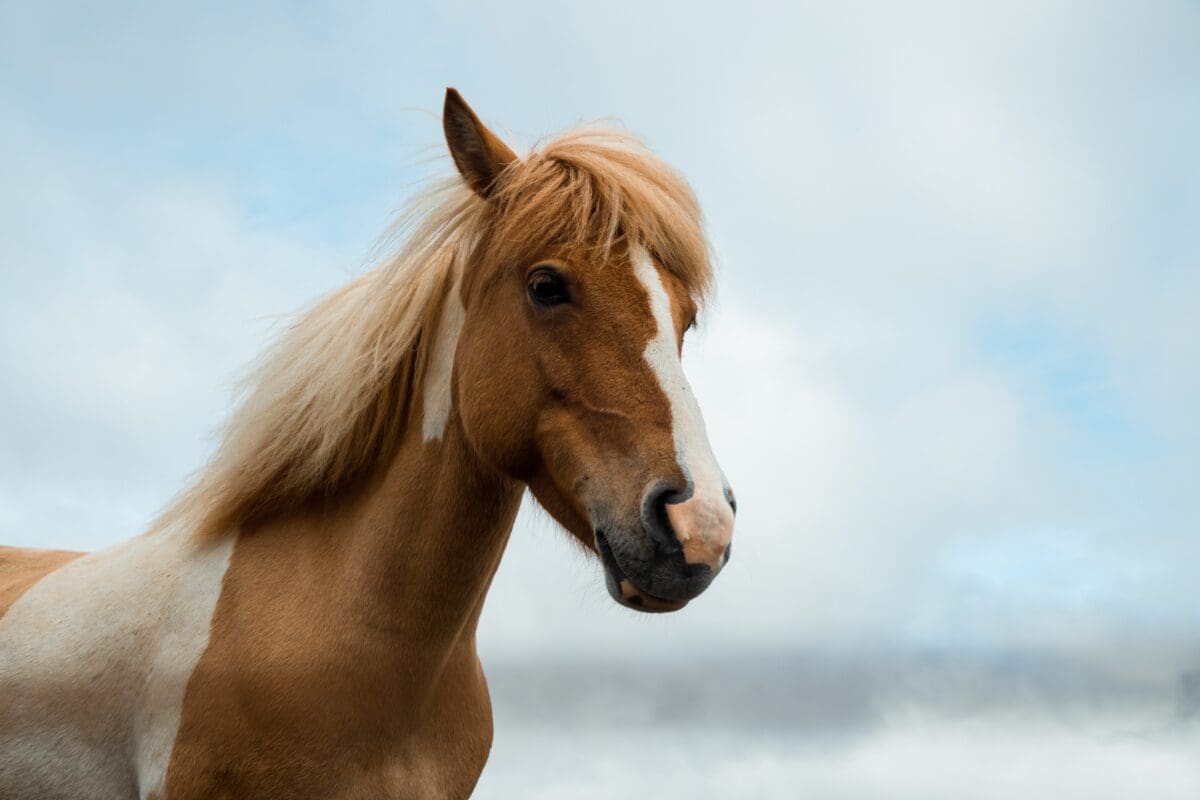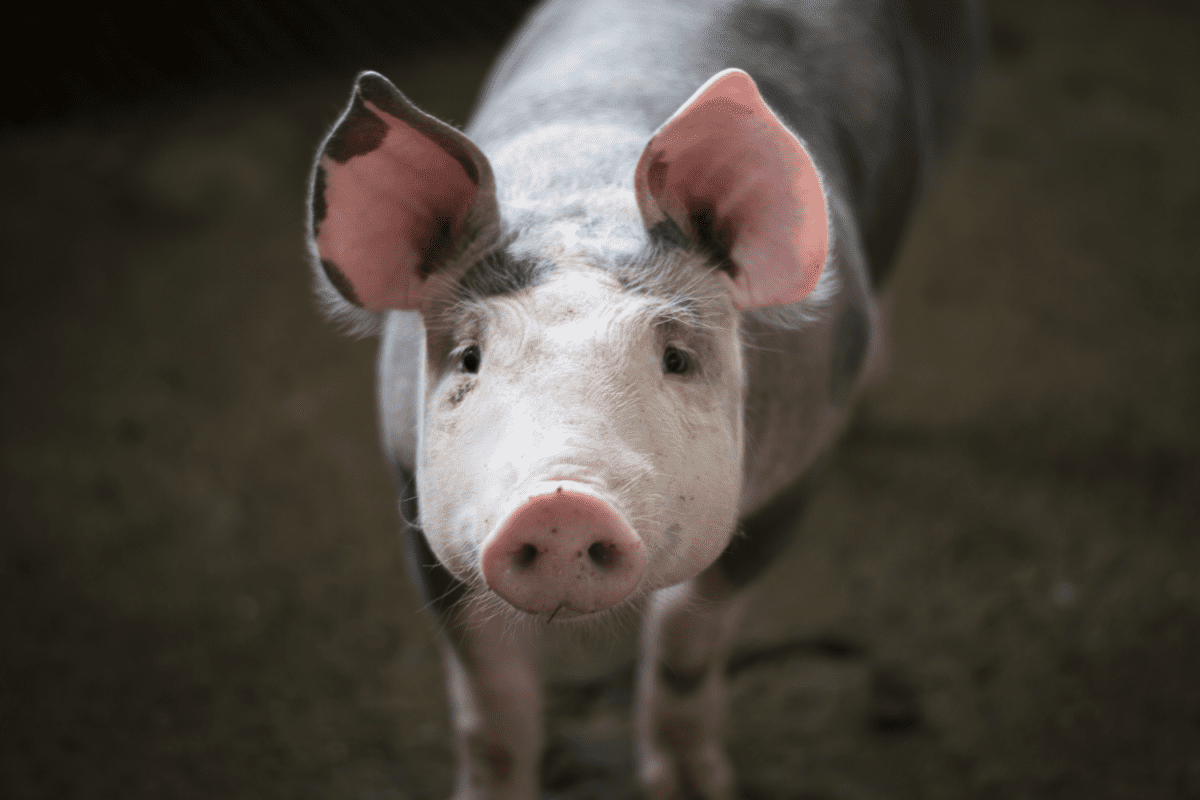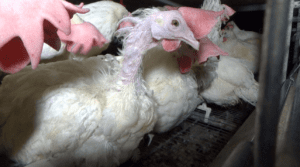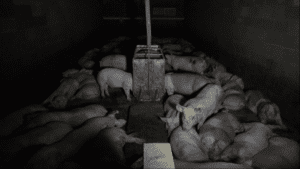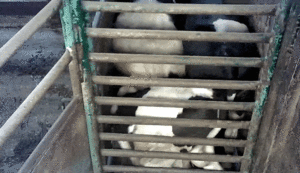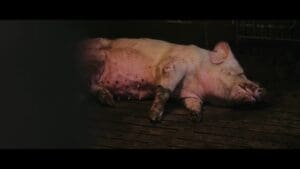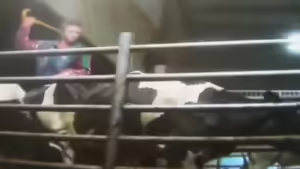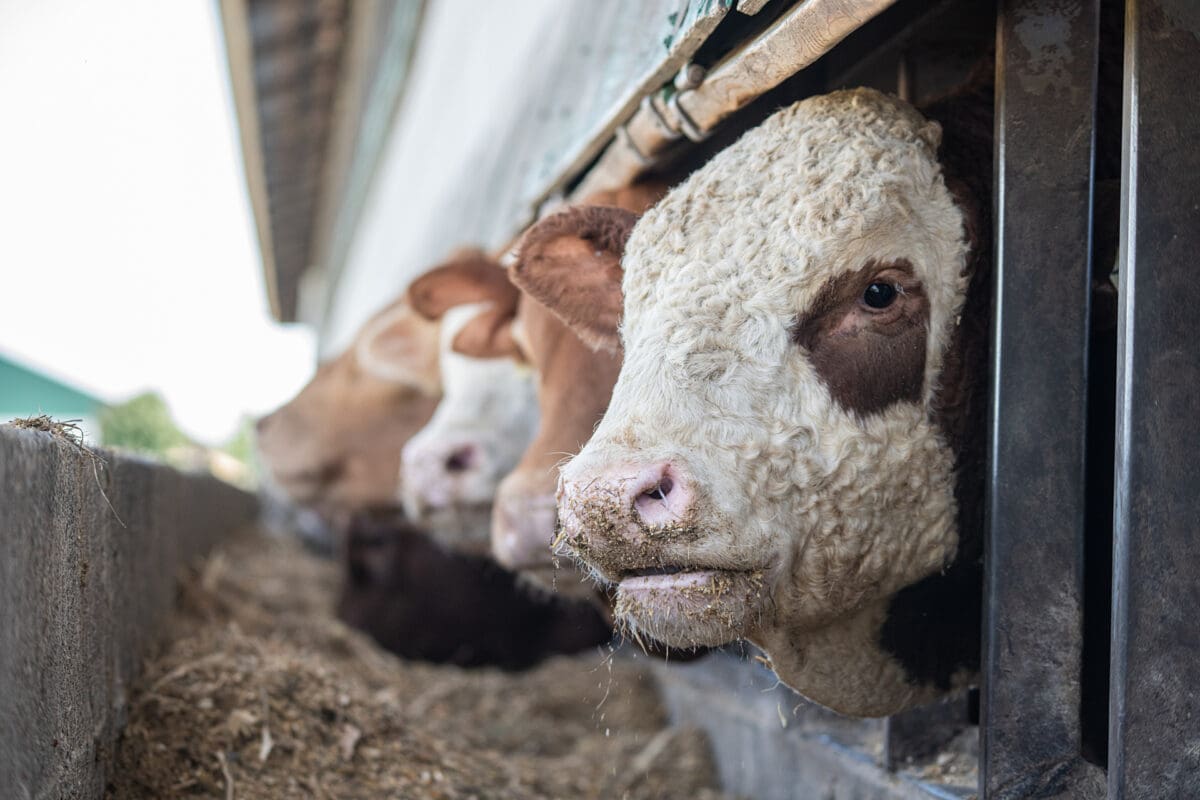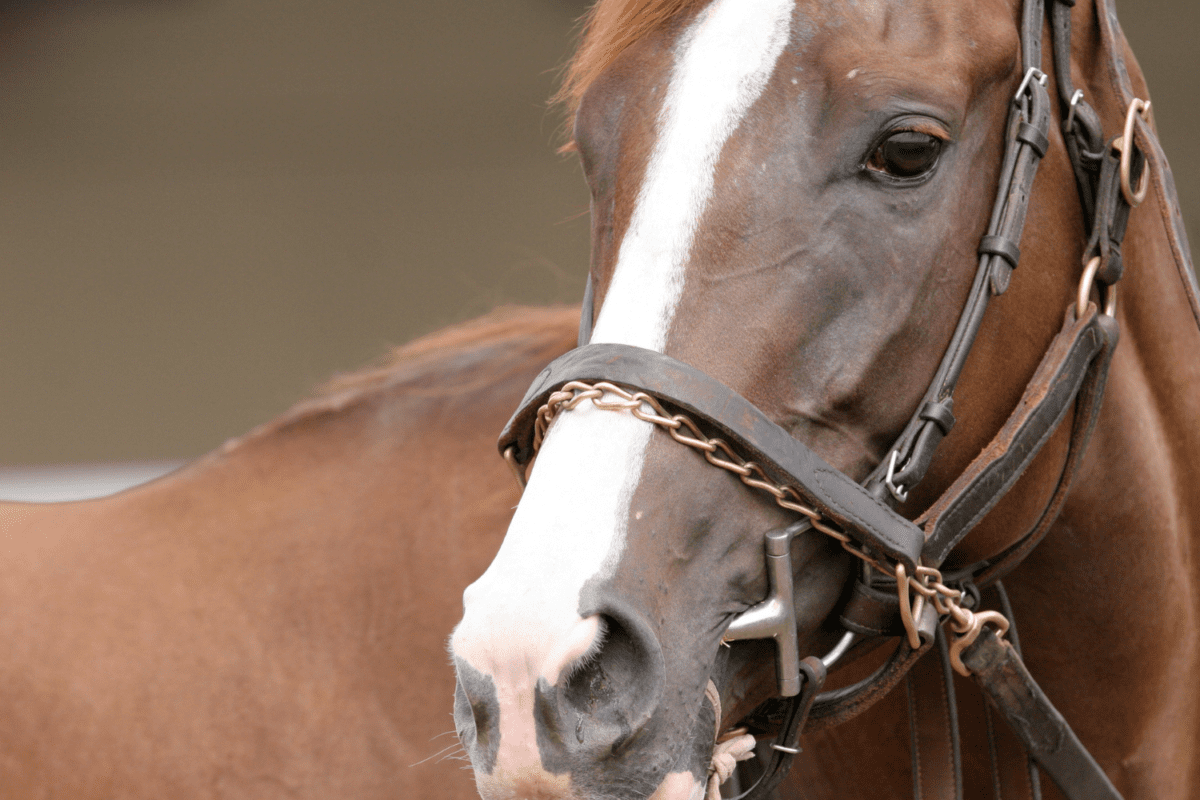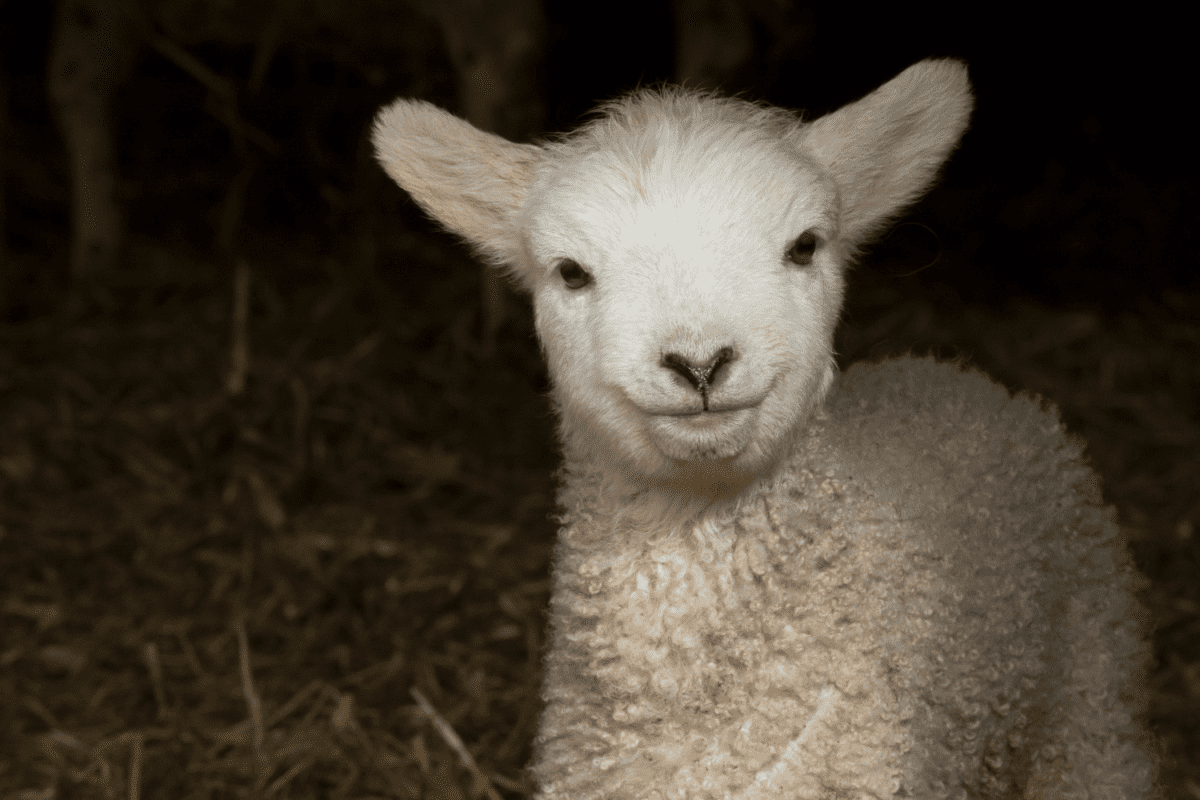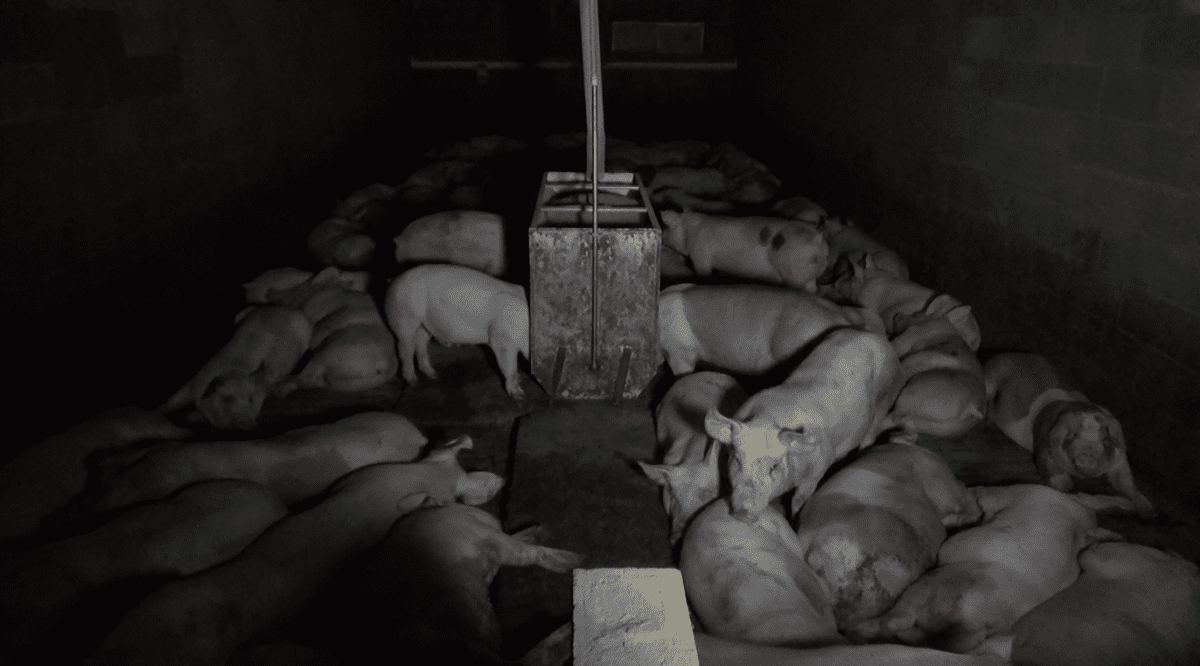Photos: Jo-Anne McArthur / We Animals Media
Update
The comment period for the “Beef Cattle Code of Practice” has now ended. Thank you for helping to ensure animals’ well-being is considered in this consultation.
- The National Farm Animal Care Council’s (NFACC) Beef Cattle Code of Practice serves as a guideline for the care and handling of cows raised in Canada’s beef industry.
- The code of practice is up for review for the first time since 2013 and NFACC is seeking public input on what issues to consider when reviewing and updating the code.
- The current code allows for many inhumane practices that compromise the welfare of cattle in the beef industry.
Your input needed to identify top welfare issues
Can you take a moment to fill out the short survey and share your top 3 concerns you think NFACC should consider? The deadline to complete the survey is May 3, 2024.
- Scroll down to read a few of the top welfare issues you may want to consider.
- Share your top 3 priorities in the survey.
- Please use your own words (do not copy and paste the wording below) and be respectful and constructive.
- Feedback that includes duplicate responses and/or profanity or derogatory language will not be considered by NFACC.
Top welfare priorities
Fear and stress
Chronic fear and stress throughout an animal’s life, as a result of harsh handling, on-farm procedures, separation of the cow and calf, etc., is a serious animal welfare and health concern. Stronger requirements around staff training and oversight (e.g. video monitoring, third party audits) are needed.
Painful procedures
Require pain medications for all painful procedures, regardless of the animal’s age.
Enrichment
Require enrichment opportunities that allow cattle to express natural behaviours, including foraging, exercise, social behaviour, and grooming.
Weaning
Require a more gradual, natural weaning process for cows and calves to reduce stress.
Barren environments
Feedlots often lack appropriate space, grazing access, and shelter. Poor feedlot conditions are a serious health and welfare concern and can lead to lameness and disease.
Nutrition
Abrupt changes from a pasture diet to an unnatural high grain-based diet can cause serious digestive and nutritional issues.
Your voice makes a difference.
When the Dairy Cattle Code of Practice was updated, it received a record-setting 5,800+ comments! The strong public response during the public consultation prompted stronger restrictions around abusive handling, changes to housing models, and a ban on branding.
Now, cattle in the beef industry need your help too. Thank you for speaking up for farmed animals!

